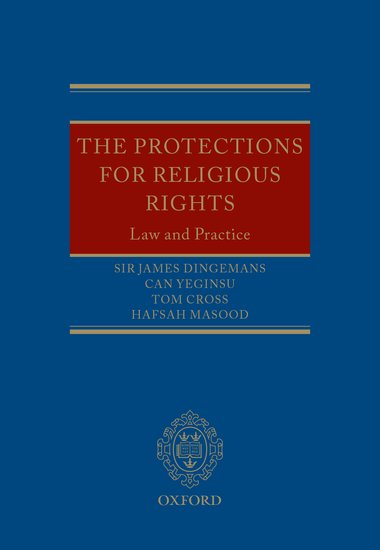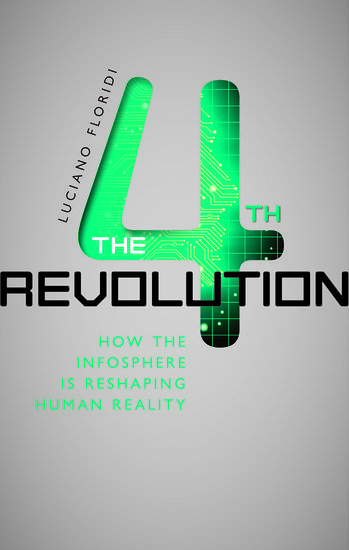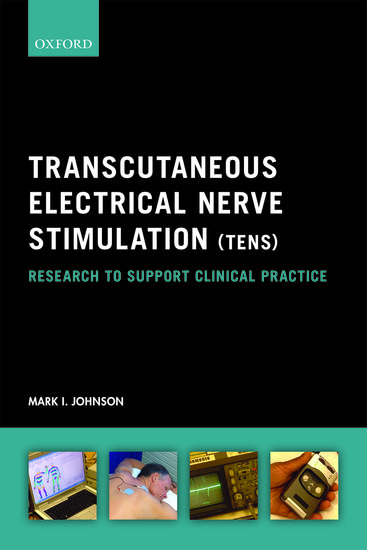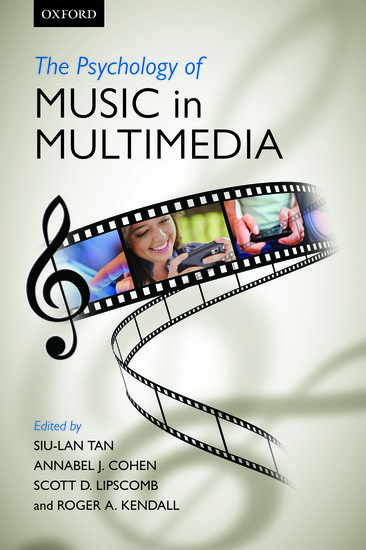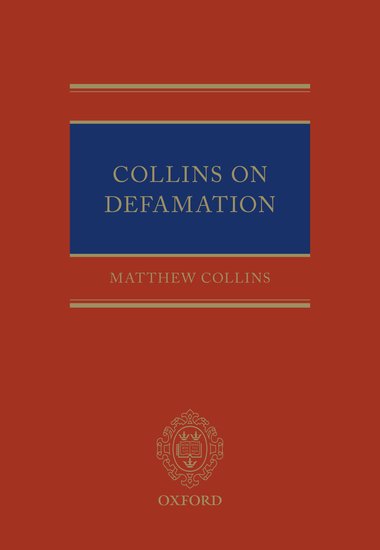Countries of the World Cup: Germany
Today is the conclusion of the 2014 FIFA World Cup, and our highlights about the final four competing nations with information pulled right from the pages of the latest edition of Oxford’s Atlas of the World. The final two teams, Germany and Argentina, go head-to-head on Sunday, 13 July to determine the champion.

